Did Inefficient Cellular Machinery Evolve to Fight Viruses and Jumping Genes?
When it comes to genes, a UCSF scientist wants to turn conventional wisdom about human and bacterial evolution on its head.
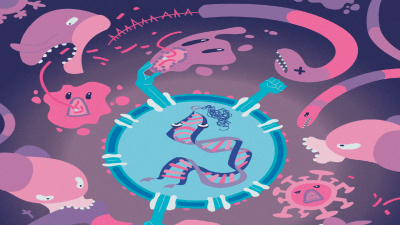
University of California San Francisco
Give to UCSFWhen it comes to genes, a UCSF scientist wants to turn conventional wisdom about human and bacterial evolution on its head.

The report earlier this year of a new hepatitis virus was a false alarm, according to UCSF researchers who correctly identified the virus as a contaminant present in a type of glassware used in many research labs.
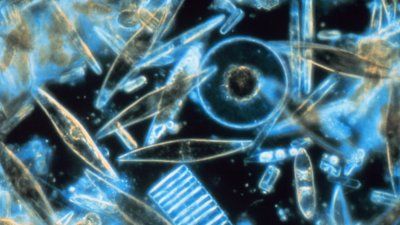
Adenoviruses commonly infect humans, causing colds, flu-like symptoms and sometimes even death, but now UCSF researchers have discovered that a new species of adenovirus can spread from primate to primate, and potentially from monkey to human.

UCSF researchers are recommending six comprehensive measures to prevent the spread of hepatitis C for the estimated 31,000 young people who may be newly infected each year in the U.S. due to injection-drug use.

Hantavirus, a potentially fatal virus transmitted by rodents such as deer mice, is making news following an unusual outbreak at a popular tourist area of Yosemite National Park. The recent cases are a reminder for campers to be cautious, but not necessarily fearful, according to UCSF infectious diseases expert Charles Chiu.
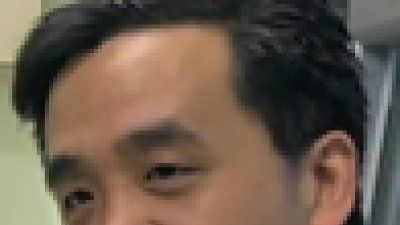
Despite nearly three decades of conflict, Sri Lanka has succeeded in reducing malaria cases by 99.9 percent since 1999 and is on track to eliminate the disease entirely by 2014.
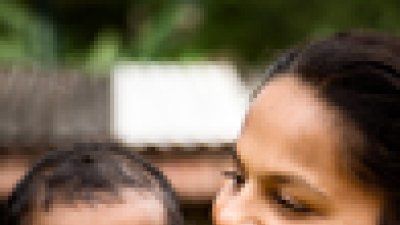
A novel virus has been identified as the possible cause of a common but mysterious disease that kills a significant number of pet snakes all over the world, thanks to research led by scientists at the University of California, San Francisco (UCSF)—and three snakes named Juliet, Balthazar and Larry.
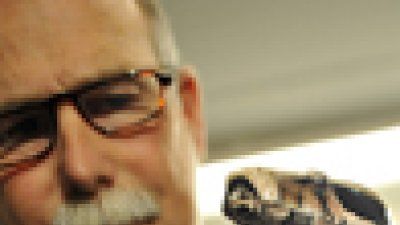
<p>Viral hepatitis chronically infects between 3.5 and 5.2 million people in the U.S. and more than 30,000 in San Francisco, alone — but only about one in three people who are infected know it, according to a report by the U.S. Department of Health and Human Services.</p>

<p>At the edge of a San Francisco neighborhood that has been riddled with drug addiction for decades, UCSF epidemiologist Kimberly Page, PhD, MPS, leads a research team that provides outreach, screening and prevention programs for drug users, those who are especially vulnerable to hepatitis C infection.</p>

<p>Liver cancer is expected to become more common in the United States in coming years. “It’s deadly and it’s preventable,” says UCSF physician and researcher Tung Nguyen, MD.</p>

A team of researchers from UCSF and UC San Diego has identified an approved arthritis drug that is effective against amoebas in lab and animal studies, suggesting it could offer a low-dose, low cost treatment for the amoebic infections that cause human dysentery throughout the world.

A drug once taken by people with HIV/AIDS, but long ago shelved after newer, modern antiretroviral therapies became available, has now shed light on how the human body uses its natural immunity to fight the virus — work that could help uncover new targets for drugs.

<p>As physicians working on the frontlines of HIV/AIDS since its start 30 years ago near retirement, UCSF is looking to attract and train the next generation of doctors to specialize in HIV/AIDS medicine.</p>
